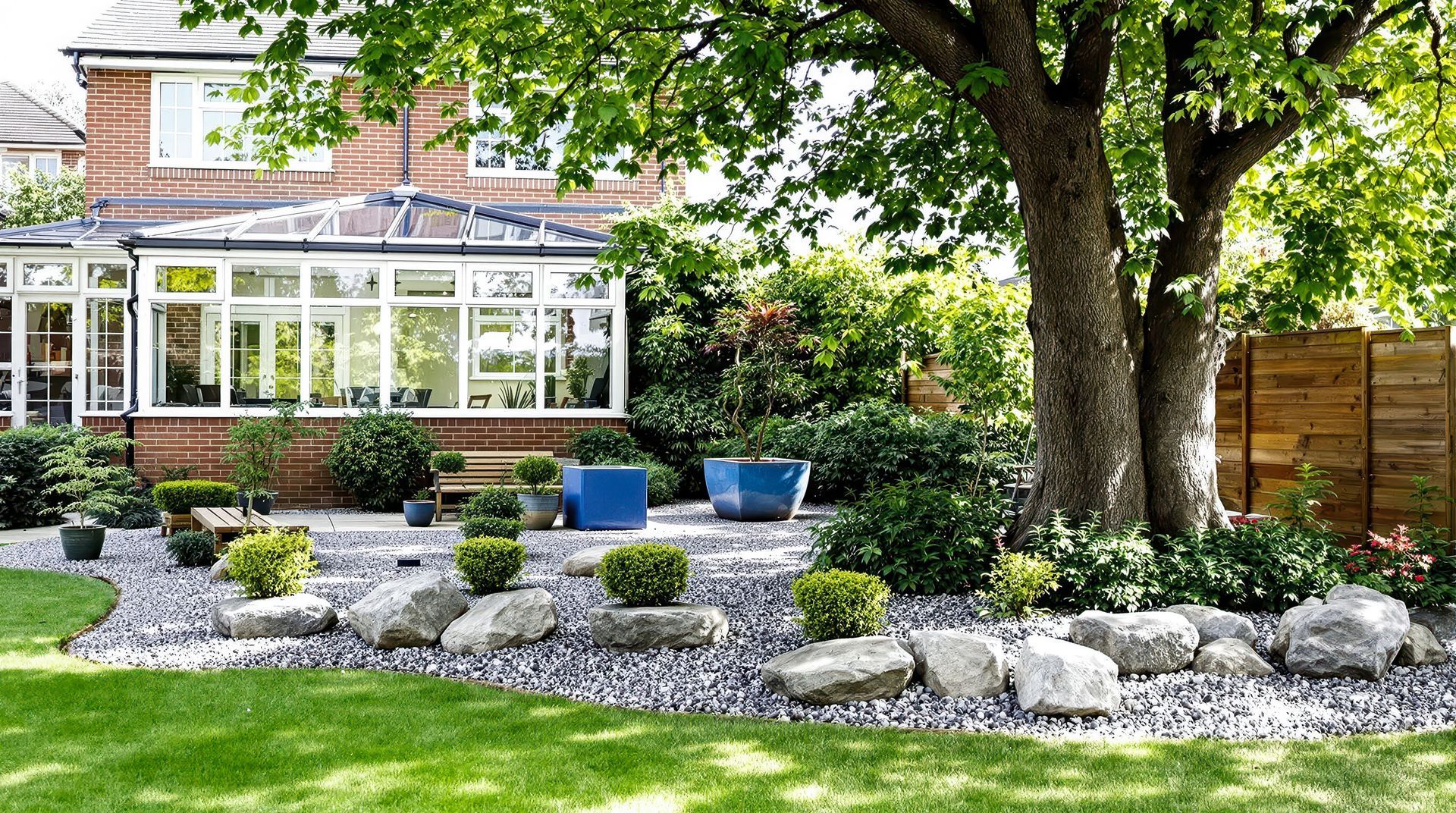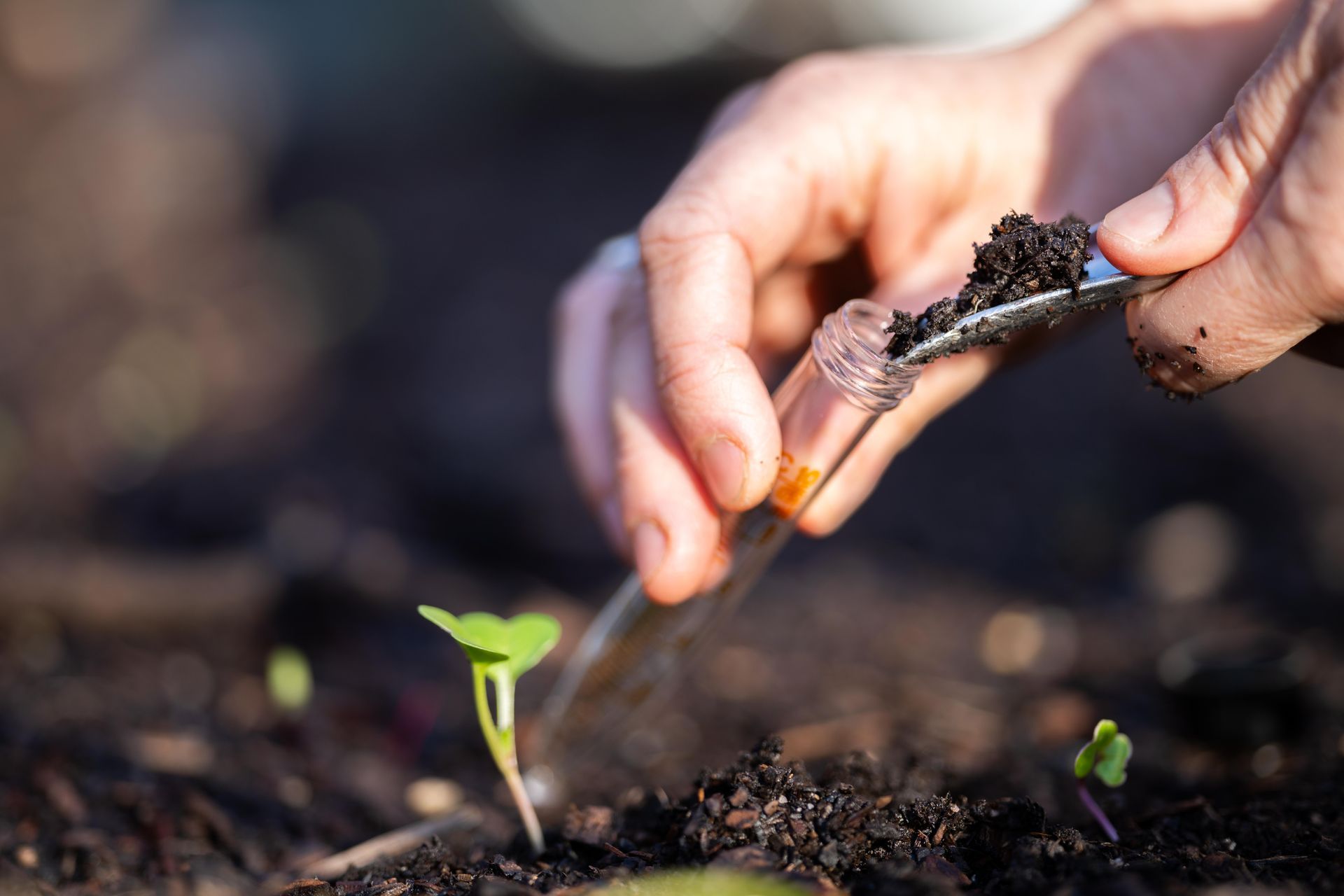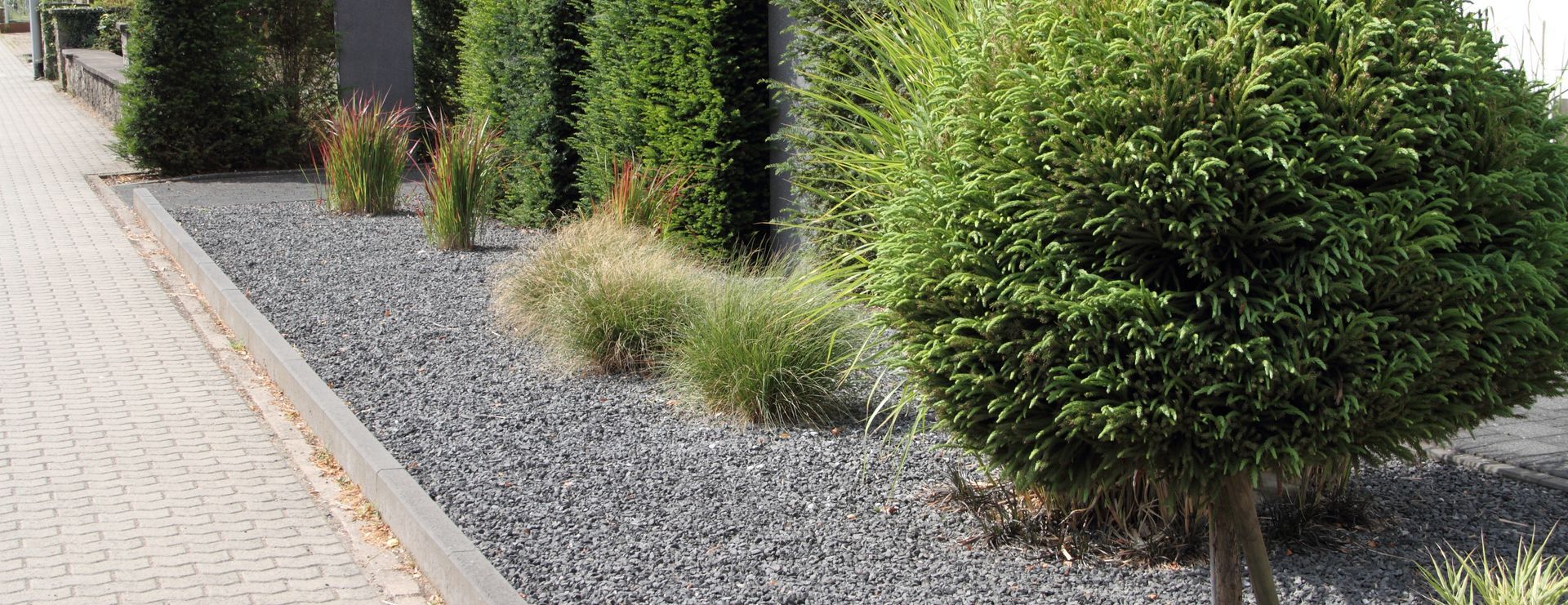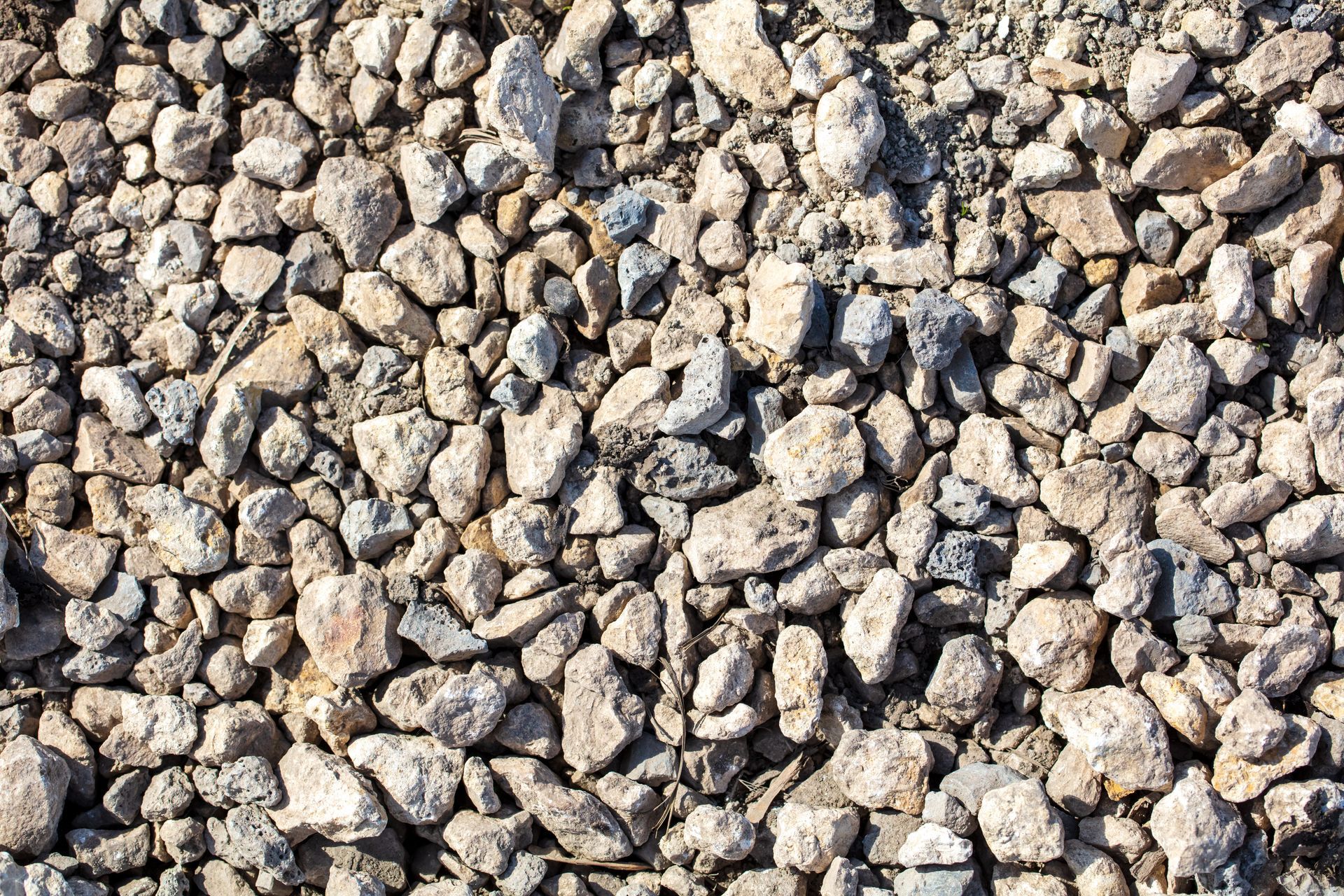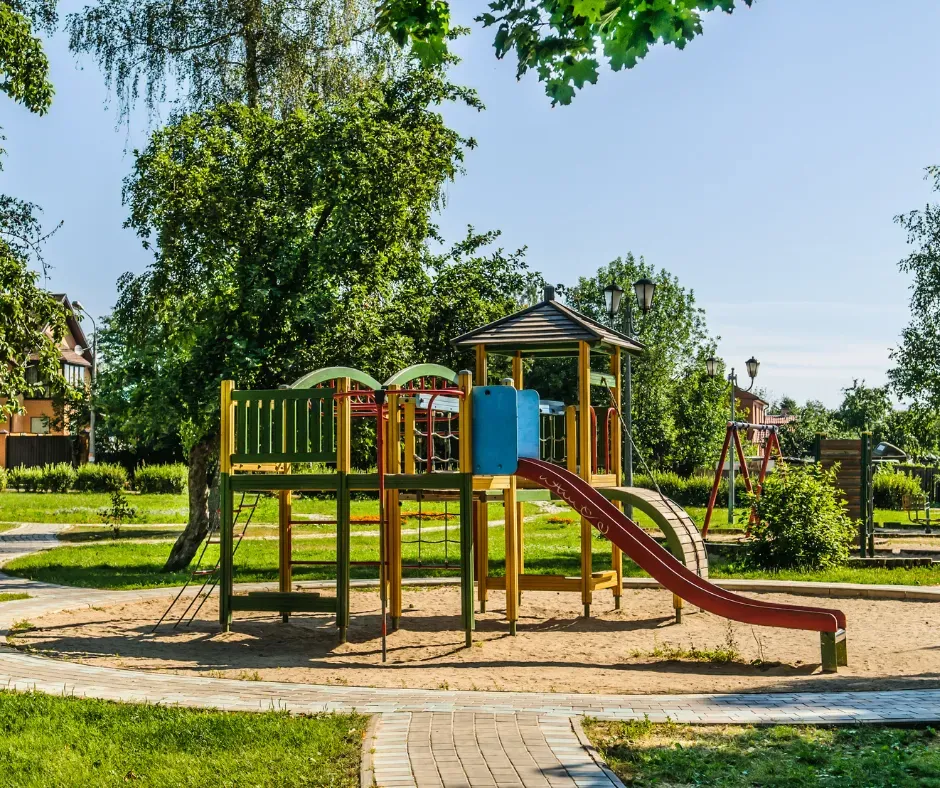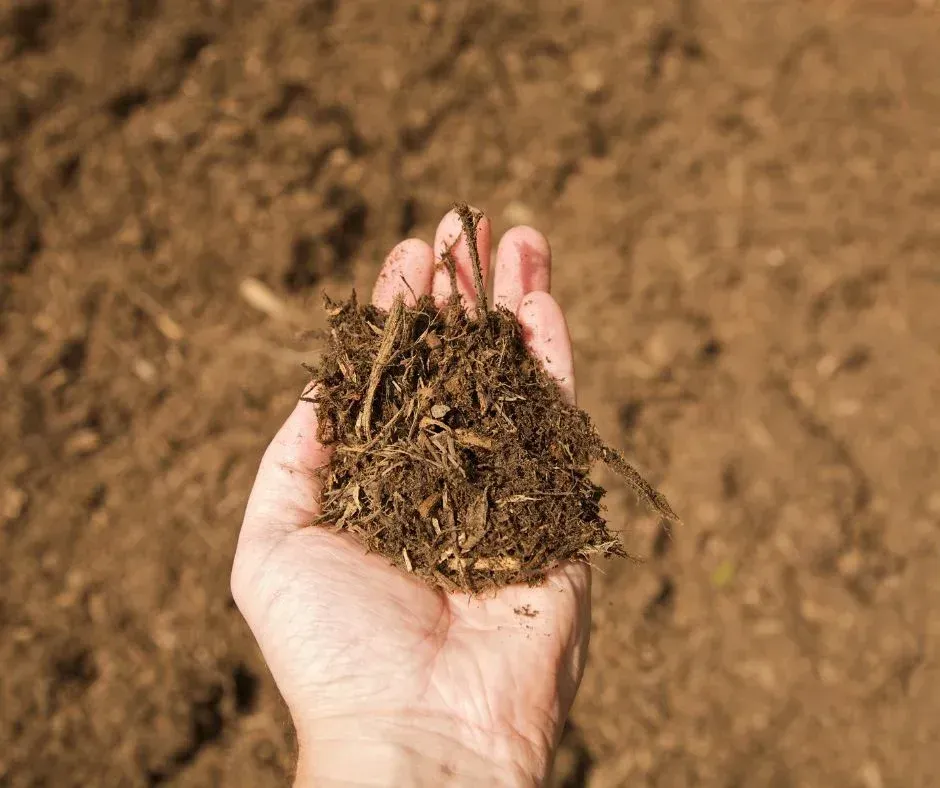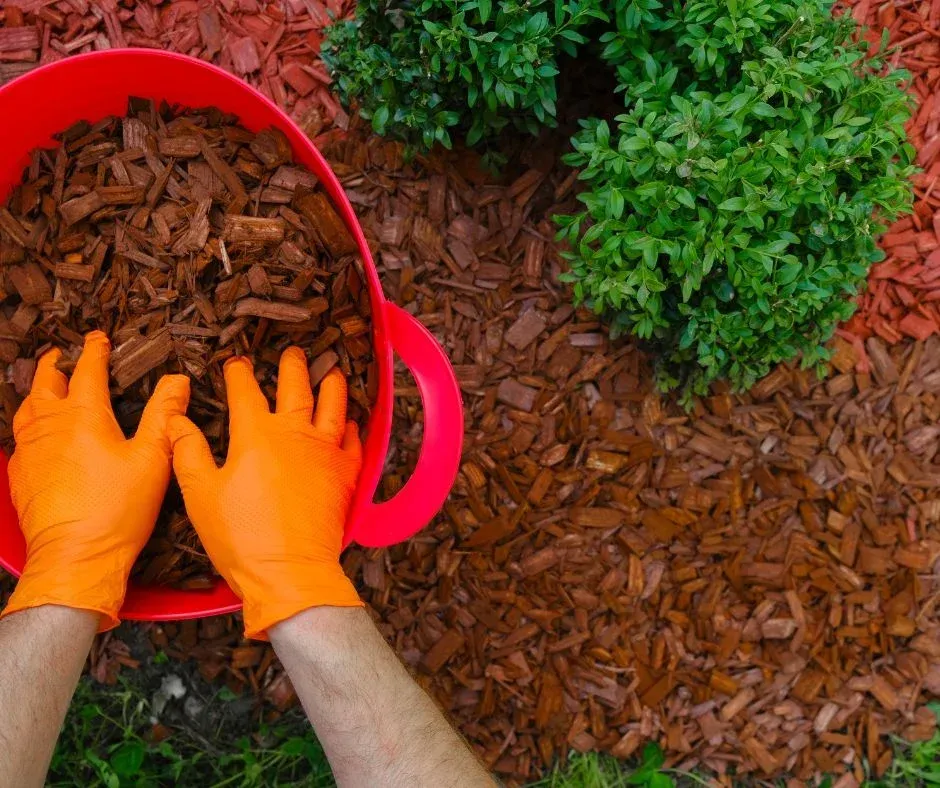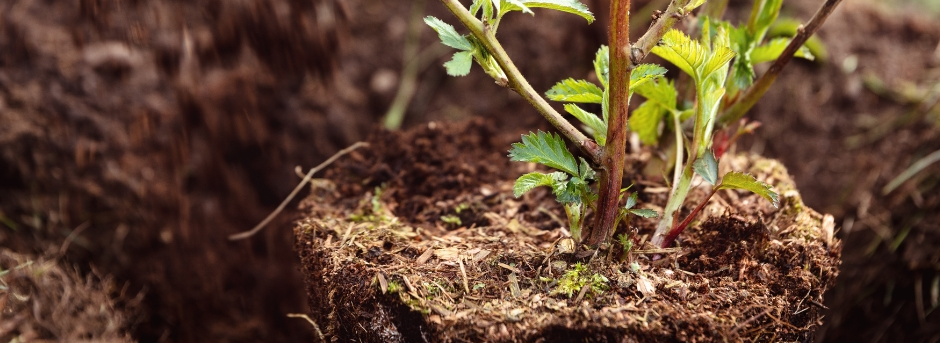Mulch Makeover: Transform Your Garden with Expert Tips
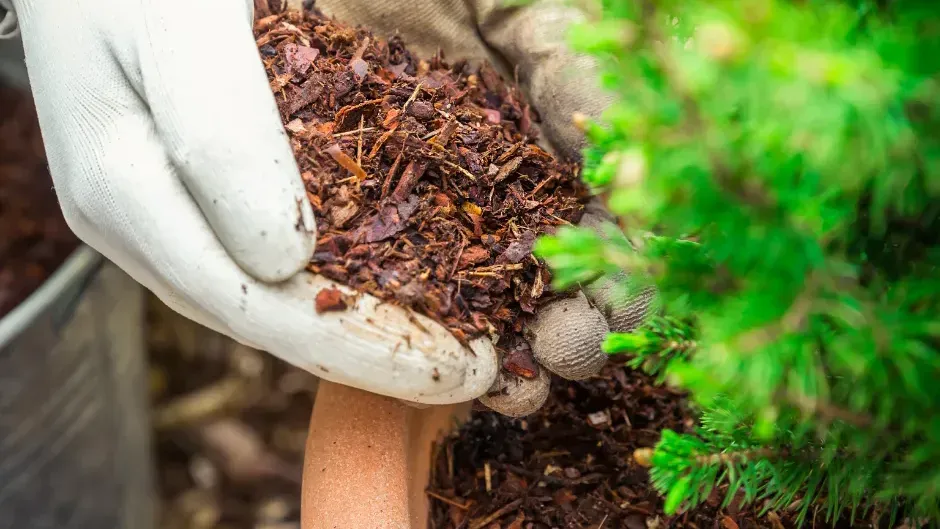
A beautiful garden is a sight to behold, and one of the key elements that can take your garden to the next level is the strategic use of mulch. Mulch not only enhances the aesthetics of your garden but also provides numerous benefits, such as weed control, moisture retention, and soil insulation. In this blog post, we will delve into the world of mulch and provide you with expert tips on how to transform your garden into a lush, vibrant oasis.
Why Mulch Matters
Before we dive into the tips and tricks for using mulch effectively, let's understand why mulch is so essential for your garden:
Weed Suppression:
Mulch acts as a natural barrier that inhibits the growth of weeds. By blocking sunlight and preventing weed seeds from reaching the soil, you can significantly reduce the amount of time and effort spent on weeding.
Moisture Retention:
Mulch helps to retain soil moisture by reducing evaporation. This is especially beneficial during hot summer months when water conservation is crucial. Consistent moisture levels promote healthy plant growth.
Soil Temperature Regulation:
Mulch acts as an insulator, keeping the soil temperature more stable. It protects plant roots from extreme heat in summer and cold in winter, ensuring your plants thrive year-round.
Soil Enrichment:
As organic mulch breaks down over time, it enriches the soil with essential nutrients. This natural fertilization can lead to healthier, more vigorous plants.
Aesthetic Appeal:
Mulch adds a polished look to your garden. It comes in various colors and textures, allowing you to customize your garden's appearance to your liking.
Now that we understand the importance of mulch, let's explore how you can use it effectively to transform your garden:
Expert Tips for a Mulch Makeover
Choose the Right Type of Mulch:
There are two main types of mulch: organic and inorganic. Organic mulch, such as wood chips or bark, decomposes over time and enriches the soil. Inorganic mulch, like stones or rubber mulch, doesn't break down but provides excellent weed control. Select the type that best suits your garden's needs and aesthetics.
Apply Mulch at the Right Depth:
To achieve maximum benefits, apply mulch at a depth of 2-4 inches. Avoid piling mulch against plant stems, as this can promote rot and disease. Leave a small gap around the base of your plants.
Maintain Mulch Regularly:
Mulch requires occasional maintenance to keep your garden looking its best. Fluff and refresh the mulch layer as needed, usually once a year, to prevent compaction and replenish its appearance.
Consider Mulch Color:
The color of mulch can significantly impact your garden's overall aesthetic. Dark mulches tend to highlight plants and create a striking contrast, while lighter mulches can provide a softer, more neutral backdrop.
Mulch for Seasonal Changes:
Adjust your mulch strategy based on the seasons. In the spring, remove any excess mulch that may have accumulated during the winter. In the fall, add a fresh layer to prepare your garden for the cold months ahead.
Weed Control:
Use a weed barrier fabric or newspaper beneath the mulch to further enhance weed control. This extra layer adds an obstacle to weed growth.
Be Mindful of Mulch Volcanoes:
Avoid creating "mulch volcanoes" around trees and shrubs. Piling mulch against the base of a plant can lead to root suffocation and disease. Maintain a flat, even layer around the plant base.
By following these expert tips, you can give your garden a mulch makeover that not only enhances its visual appeal but also promotes healthier and more vibrant plant growth. So, go ahead and transform your garden into a stunning oasis with the power of mulch! Your garden will thank you with bountiful blooms and lush greenery. Happy gardening!
